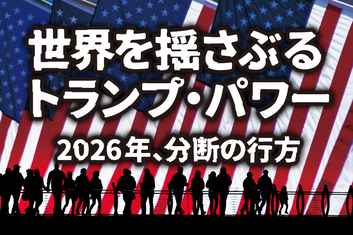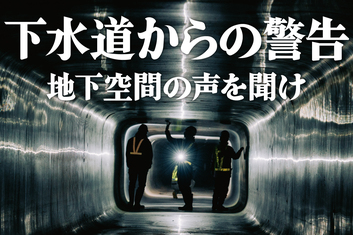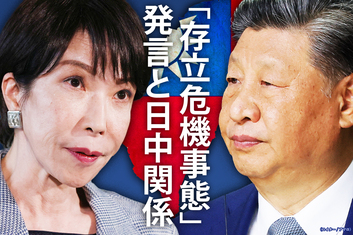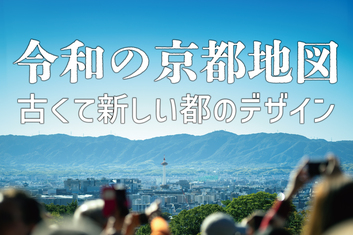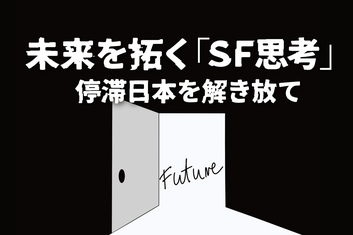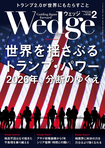著者エドワード・J・リンカーン氏はニューヨーク大学ビジネススクール「スターン校」経済学教授、日米ビジネス経済研究センターのディレクター。長年日米経済関係を観察し、時に実務にも携わったベテラン研究者である。
ワシントンの有力リベラル系シンクタンク、ブルッキングズ研究所で唯一の日本専門家として2000年代半ばまで長く務め、在ワシントン日系メディアで同氏を知らない人はいなかった。
1990年代半ば、クリントン政権期には在日米国大使館に赴任、当時のウォルター・モンデール大使(カーター政権期の副大統領)に特別顧問として仕えた経験をもつ。日米関係についての著書多数。彼に、今回のオバマ訪日はどう映るのか?
(本記事は、公開中の記事「かつて経済いま安保日米になお躓きの石」の英語原文です。)
From the 1960s through the first half of the 1990s, Americans who specialized on the U.S.-Japan security relationship frequently criticized those of us working on bilateral economic issues. Economic and trade issues often involved American pressure on the Japanese government, which sometimes led to tension and negative exposure in the Japanese press. That pressure and tension, the security specialists argued, would spill over into the security relationship, which was the key aspect of bilateral relations. Given that long history, I find it truly ironic that now it is the people working on security relations who are applying the pressure and causing tension that could spill over into other important aspects of the bilateral relationship.
Ironic or not, the recent tensions between the Department of Defense and the Hatoyama government illustrate the important role of summit meetings. The most important accomplishment of President Obama’s trip is to reassure Prime Minister Hatoyama that the tensions on Futenma will not interfere with the overall bilateral relationship. The broader agenda involves a number of important pending issues, including how to manage global economic recovery, climate change policy, North Korea, and how to deal with China. While the two governments may have differing views on these topics, cooperation is important. Having that cooperation jeopardized by a general deterioration of attitudes due to disputes over the details of the security relationship would be unfortunate.
It is also ironic that the bilateral relationship has come to this point. In a very crude sense, both countries now have slightly left-of-center governments. Just as a rather conservative Koizumi government got along well with the conservative Bush administration, it would be natural for the Obama and Hatoyama governments to find much in common.







